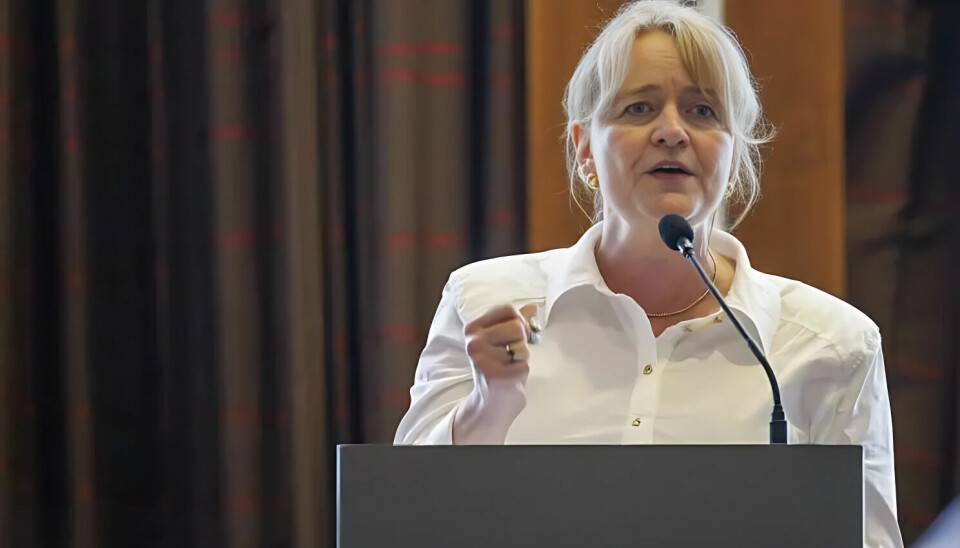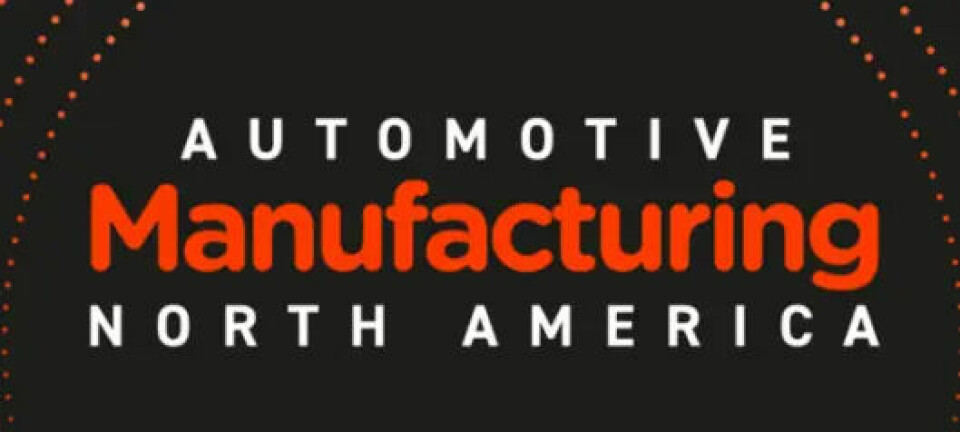Automotive Labour
The human cost of JLR's shutdown

Unite union calls on the British government to launch a furlough scheme mirroring a Scottish plan, as workers are laid off in droves to protect JLR production and supply chain jobs threatened by the cyberattack.
The digital paralysis of Jaguar Land Rover (JLR) has taken a devastating turn for the thousands of workers in its production and supply chain. While the OEM faces a production shutdown potentially lasting until November, the economic fallout is cascading down to smaller, less financially buffered firms.
According to Unite, the UK's leading union, workers are being laid off with reduced or zero pay, with some being advised to sign up for universal credit. This highlights the fragility of an interconnected ecosystem where a single point of failure can disrupt a quarter of a million people and threaten livelihoods.
It is the government’s responsibility to protect jobs and industries that are a vital part of the economy.
A Government furlough scheme for JLR
Unite has now formally called on the UK government to establish a furlough scheme for JLR supply chain workers. The union points to the Scottish government's recent support package for bus manufacturer Alexander Dennis as a direct precedent. In that instance, a government-backed furlough scheme was implemented to retain jobs, bridging a gap until new orders could be secured.
Unite general secretary Sharon Graham argued: “Workers in the JLR supply chain must not be made to pay the price for the cyberattack. It is the government’s responsibility to protect jobs and industries that are a vital part of the economy. Ministers should take the lead from the Scottish government’s support package for Alexander Dennis staff and implement a similar scheme for workers in the JLR supply chain now.”
A collaborative approach to operational resilience
The call for government intervention highlights a broader issue of operational resilience in modern manufacturing. The incident with JLR has exposed a vulnerability that extends far beyond the OEM itself, into the delicate fabric of its tiered supplier network.
Unite has not only requested a similar scheme but also a seat at the table in the decision-making process to ensure workers' interests are directly represented.
This move suggests that building a more resilient industrial base requires a collaborative effort between government, industry, and labour unions. The fate of thousands of jobs and the continuity of the UK automotive sector now hangs in the balance, a stark reminder that digital security is not merely a technical issue, but an economic and human one.






